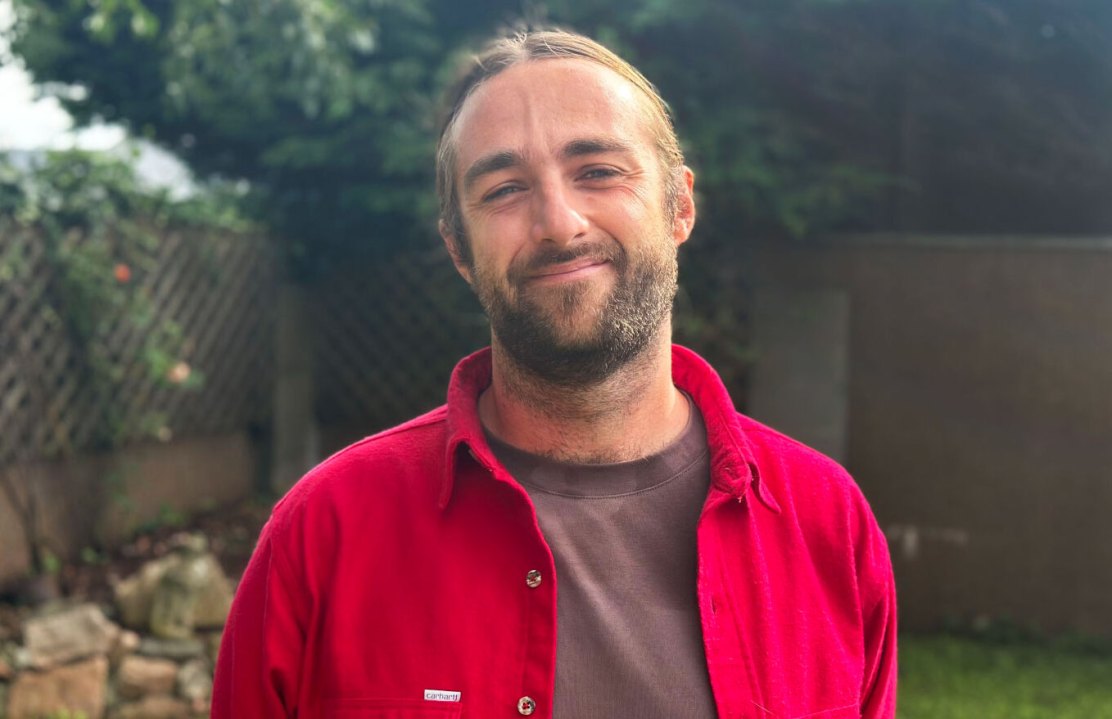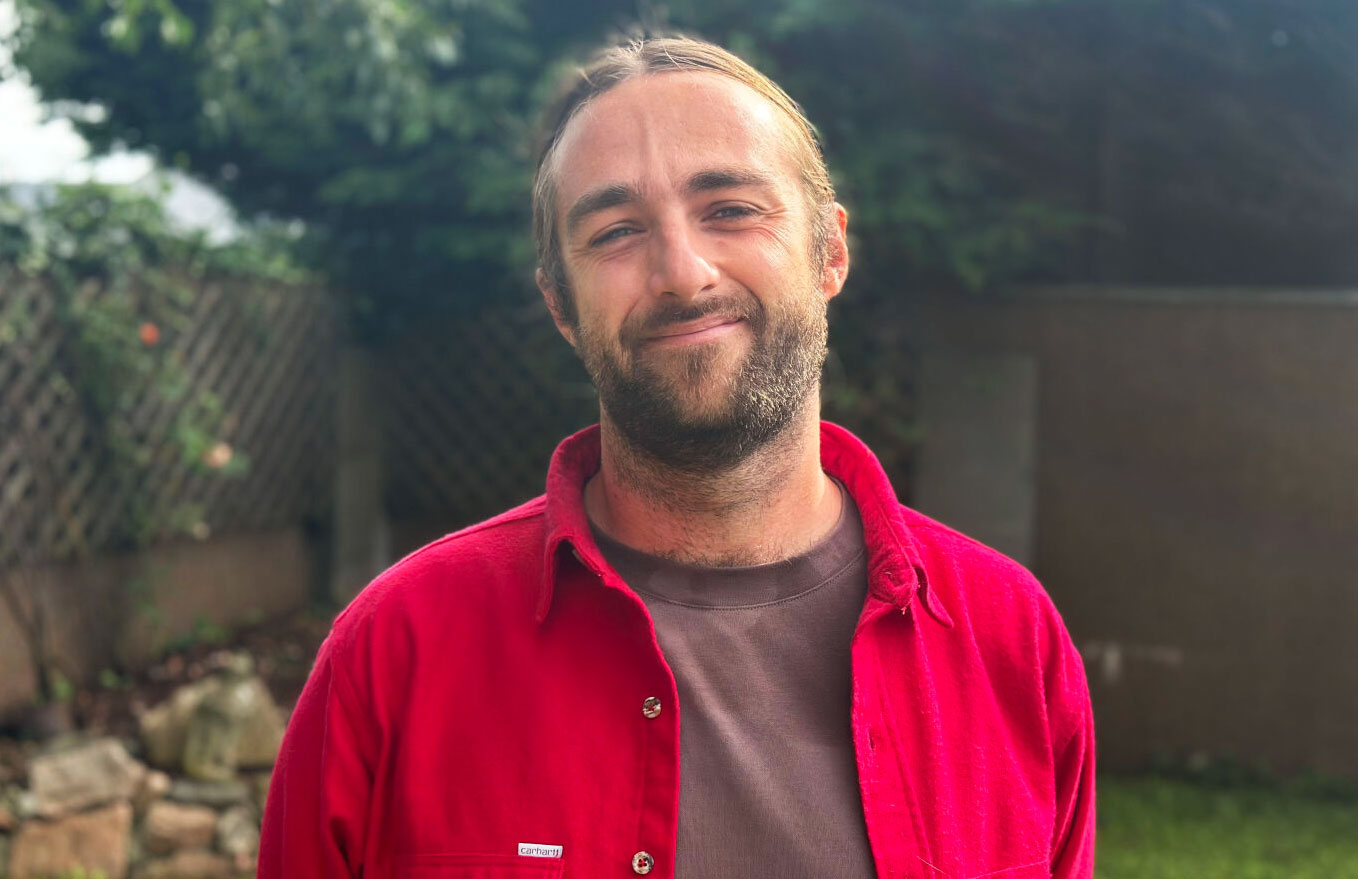With its tales of close relatives reuniting after years of separation, ITV’s Long Lost Family has been reliably jerking tears since 2011. Now, from the same production company, comes Born from the Same Stranger: another thumping slice of highly effective old-school human-interest storytelling, this time served with a side order of ethical dilemmas.
In the 1990s when, as the programme put it, ‘sperm donation was in its heyday’, donors did their thing in return for 50 quid and a promise of anonymity. On solid practical grounds, this seemed like a good idea at the time – and perhaps still does. But it reckoned without the deep human need to know where we’re genetically from – especially now that we appear to have decided this makes us who we are. ‘When you only know half your family tree,’ said one donor-born participant, ‘it makes you feel like you’re half a person.’
Presumably there must be some donor-conceived people who aren’t nice – but we’ve yet to meet them
The first of the programme’s two main stories featured Liam, an only child who’d grown up making Father’s Day cards in the belief that he’d be able to give them to his dad one day. Having learned from his mum that she’d used the London Sperm Bank, Liam headed there to meet the chief executive, who could pass on only ‘non-identifying details’ about the sperm donor. Even so, the news that his biological father had, like him, been 6ft tall with blue eyes and self-proclaimed ‘varying moods’ caused Liam to weep at length.
But then he uploaded his DNA to a voluntary data website – and within minutes discovered that he had two half-brothers and two half-sisters. A few days after that, they agreed to meet in a London pub, which seemed quite high-risk to me, but which produced what Liam quite accurately called ‘a sense of instant warmth’. For all five, there was no doubt they were siblings. After saying ‘this is mad’ several times, they were soon noting their many physical similarities (which were not always obvious to the rest of us). ‘This is what I dreamt of my whole life,’ concluded Liam.
In the show’s other featured story, Sarah found no siblings after searching on DNA websites. She did, however, find the donor. After much understandable agonising, she opted to write to him ‘as delicately as possible’ saying that she didn’t wish to impose on his life, but that ‘I would love to know you’. The way she almost convincingly told it, his ‘lovely’ reply – telling her he was young at the time and didn’t want any further contact – was fine by her. (Another man who’d had the same experience was less sanguine about it all, saying: ‘That rejection cuts pretty deep.’)
Through all this, the programme did a fine job of simply presenting the material and leaving any editorialising up to us. The only possible lack of balance, I suppose, was the fact that everyone involved was astonishingly nice. Presumably, there must be some donor-born people who aren’t – but, if so, we’ve yet to meet them.
Both matters of ethics and the strange nature of families took a darker turn in Revenge: Our Father the Nazi Killer. In 1949, Boris Green emigrated with his brother Fima to Melbourne, where he became a respectable watchmaker, husband and father. But during the war, after the murder of his entire extended family except Fima, he’d led Nekoma (‘Revenge’) a unit of Jewish partisans in Belarus.
His three grown-up sons had known of this background, but the oldest, Jon, also had a vague childhood memory of overhearing his father having a conversation in Yiddish about killing a former Nazi in Sydney. His much younger brother Jack now decided he wanted to get at the truth, with the aid of some of his late father’s friends and a private detective. What emerged was, you could argue, purely circumstantial – yet by the end there were an awful lot of significant-sounding circumstances.
Post-war Australia, you see, was a haven not only for European Jews, but also for Nazis, mainly from the Baltic states. The Holocaust survivors compiled extensive dossiers on them which they handed over to the police, confident that the evidence was damning enough to result in convictions. Instead, the authorities stuck firm to a sleeping-dogs policy – at which point many of the former Nazis began to die in a wide range of mysterious and gruesome ways. According to the coroner, one had committed suicide by disembowelling himself with a razor, another by strapping explosives to his forehead. (Fima, incidentally, had been Nekoma’s explosive expert and after he died, a tin of detonators was found among his possessions.)
As the bodies piled up, so did the ethical questions – at least in theory. In practice, everybody in the programme essentially thought justice had been done. The result – definitely not a common one in TV documentaries – was a group of sons proud to discover that their father had almost certainly killed quite a few civilians.







Comments